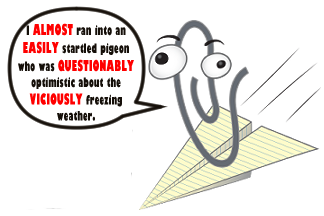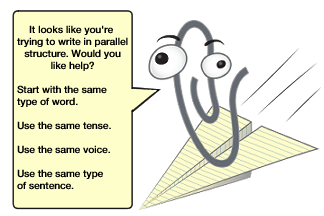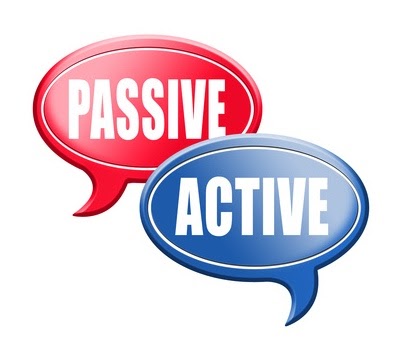“Never use a metaphor, simile or other figure of speech which you are used to seeing in print”. – George Orwell. Cliches Cliches are phrases and words that have lost their meaning over time, mostly due to being overused. While they are often used in everyday speech, they should be avoided when creating content. If […]
Category: Grammar-Spelling Tips
A collection of grammar and spelling tips to help you improve your craft.
Overused Words: How to Identify and Avoid Them
When you spend your time writing for a living, it’s easy to fall into the habit of using a lot of the same words across multiple items – and sometimes that’s ok. However, when you’re writing similar types of copy for the same audience (think multiple product pages or category pages for the same client), […]
Why You Should Vary Your Sentence Length
Whether you’re writing a product description, buying guide or a book, a variety of sentence lengths will help to keep readers interested. Example This sentence has five words. Here are five more words. Five-word sentences are fine. But several together become monotonous. Listen to what is happening. The writing is getting boring. The sound of […]
Choose Your Verbs Carefully – Make Sure They’re Strong
Verbs are important in all types of writing. They make the piece more exciting and help to engage the reader. However, many writers make the mistake of hiding their verbs (a process known as nominalization). This process can turn a verb into a noun and make you have to add a weak verb in its […]
Sticky Sentences, What They Are and How to Avoid Them
With any type of writing, it’s important to keep your sentences as concise as possible. And it’s vital when writing eCommerce content. When you’re writing product descriptions and category pages, you need to include as much information as possible in a relatively small space. With the average product description being about 300-350 words, and an […]
Adverbs – Are You Using Too Many?
Adverbs perform many functions, but with eCommerce writing, too many adverbs can make a piece seem fluffy. The aim of eCommerce writing is to give as much information as possible concisely. So, we should strive to use adverbs sparingly. What is an Adverb? Adverbs are words used to modify other words in a sentence. They […]
Fluff – What It Is and How to Avoid It
Have you ever had feedback or returns saying your work is too fluffy? Wondering what exactly that means? Read on to find out more about fluff (and no, we’re not talking about the soft stuff that fills pillows). In a nutshell, fluff is wordy sentences that really bring nothing to the piece. Fluff can also […]
How to Use Breadcrumbs
Have you ever been working on an item but not really sure what category it really fits into? Breadcrumbs to the rescue. What Are Breadcrumbs? They are the tasty things you use in some recipes of course, but that’s not the type of breadcrumbs we are talking about today. In the online world, breadcrumbs are […]
Parallel Structure; Parallel Bullet Lists
What is Parallel Structure? Also known as parallelism or parallel construction, parallel structure is a way of formatting writing elements so they flow nicely structurally. Parallel structure can be used in all types of writing, but is most commonly used in headings, bullet lists and numbered lists. Parallel structure serves two purposes: Function and style. […]
Passive Voice: What it is and Why we Should Avoid It
Voice – refers to the way an action verb relates to the subject In passive voice, the subject is acted upon by the verb. Example: The ball was kicked by the boy. (the subject ‘the batter’ comes after the verb) In active voice, the subject does the action in the verb. Example: The boy kicked […]










